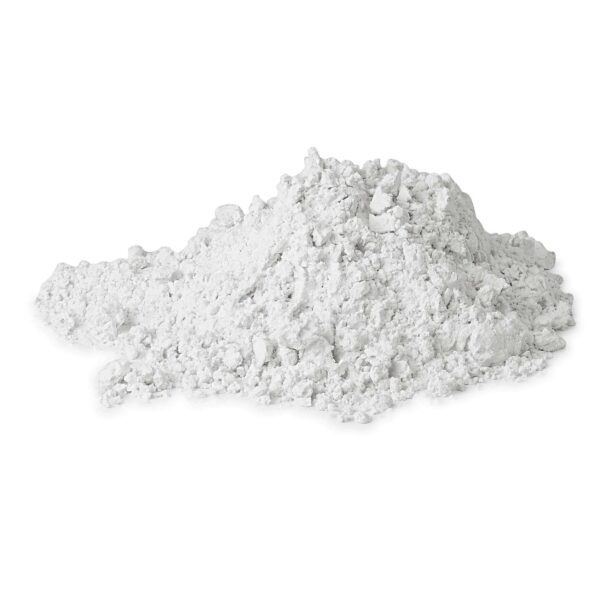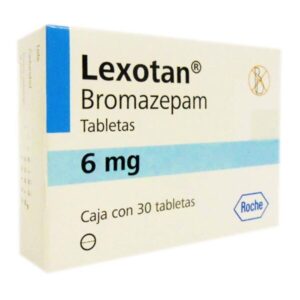Buy Amphetamine
Buy Amphetamine Powder discreetly online without a prescription, safely and reliably through our Dutch online pharmacy. Mail Order Pharmacy is the best online pharmacy to buy authentic antidepressants, verified and approved by reputable and certified laboratories.
Amphetamine is a powerful central nervous system stimulant. It’s used to treat some medical conditions, but it’s also highly addictive and has a history of abuse.
Stimulants such as amphetamine ( Adderall ) and methylphenidate ( Ritalin and Concerta ) are used to treat attention deficit hyperactivity disorder (ADHD). Prescription stimulants can be safe and effective.
Amphetamine powder is also used for recreational and non-medical purposes. It can cause euphoria and suppress appetite, which can lead to weight loss. When used outside of medical settings, stimulants can have serious side effects.
Buy Amphetamines | Medical Use
Buying amphetamine activates receptors in the brain and increases the activity of several neurotransmitters, especially norepinephrine and dopamine.
Dopamine is associated with familiar sources of pleasure, movement, and attention.
Amphetamine has been tested for a wide range of conditions. It is primarily used to treat ADHD and, rarely, depression. In the past, it was used to treat narcolepsy and weight loss, but this is less common now.
Buy Amphetamines | Attention Deficit Hyperactivity Disorder
ADHD is characterized by hyperactivity, irritability, mood instability, attention problems, lack of organization, and impulsive behavior.
It is common in children, but can continue into adulthood.
Buying amphetamines reverses some of these symptoms and has been shown to improve brain development and nerve growth in children with ADHD.
Long-term treatment with amphetamine-based medications in children prevents unwanted changes in brain function and structure.
Scientists who reviewed 20 studies concluded that familiar stimulants from the source are likely to be helpful for people with ADHD.
They found that the brain structures of people taking stimulants for ADHD were more similar to the brain structures of people without the condition than to those with ADHD who were not taking the drugs.
A 2011 review published in Cochrane suggested that adults with ADHD might benefit from short-term use of amphetamines, but were unlikely to continue treatment due to side effects. Those using mixed amphetamine salts, however, were more likely to continue treatment.
Narcolepsy
A person with narcolepsy will experience excessive daytime sleepiness and irresistible sleep episodes called “sleep attacks.”
In a person with this condition, strong emotions can trigger a sudden loss of muscle tone, or cataplexy, causing a person to collapse and possibly fall. It is also accompanied by frequent and unexpected periods of sleeplessness.
Amphetamines and amphetamine derivatives have been used in the past to treat narcolepsy.
However, due to concerns about their side effects, amphetamines are increasingly being replaced by modafinil , a drug that promotes wakefulness.
Obesity
Under Benzedrine, amphetamines were first used to treat obesity in the 1930s because of their appetite-suppressing properties.
Fear of the drug’s side effects and potential for addiction and abuse caused it to fall out of favor for this purpose. In the 1950s, reports of malnutrition, psychosis, and depression during withdrawal led doctors to stop prescribing amphetamines for weight loss.
Medical professionals do not recommend using amphetamines and their derivatives to help reduce obesity.
However, in 2015, after conducting a small study, researchers suggested that trusted source dexamphetamine could be a safe and effective way to boost people’s motivation for lifestyle changes that could lead to weight loss.
They proposed using the drug for six months to help people who haven’t responded to other treatments improve their diet and increase their exercise levels. They say this could help reduce obesity and related complications, such as diabetes and cardiovascular disease.
Depression
From the 1930s onwards, amphetamine was used to treat affective disorders, obsessive-compulsive disorder (OCD) and schizophrenia.
However, in the 1950s and 1960s, amid growing concerns about its adverse effects, it was replaced by newly available antidepressants.
In rare cases, amphetamines are used in addition to standard antidepressants to treat some forms of depression that do not respond to other treatments, especially in people who also experience fatigue and apathy.
In a Trusted Source study that followed 65 patients using amphetamines alongside regular medication, 38 showed “significant improvement, particularly in energy, mood, and psychomotor activity.”
According to the authors, side effects were minimal and no drug addiction was observed.
Amphetamine Powder Side Effects
Buying amphetamine can cause many side effects, ranging from mild to severe.
Physical side effects include:
- low or high blood pressure
- Raynaud’s phenomenon, where there is reduced blood flow to the limbs
- erectile dysfunction and persistent erections
- rapid heartbeat
- stomach ache
- loss of appetite, nausea and weight loss
- acne, rash, hives
- blurred vision
- dry mouth
- teeth grinding
- nosebleed
- excessive sweating
- stuffy nose
- increased risk of attacks for susceptible individuals
- tics
- faster, deeper breaths, especially in people with other lung conditions
- difficulty urinating
There may also be psychological effects.
These include:
- increased alertness and focus
- anxiety, fear, irritability and restlessness
- mood swings
- insomnia
- changes in libido
- grandiosity, or an exaggerated sense of one’s own importance
- obsessive behavior
In rare cases, psychosis may occur.
People who follow the prescribed therapeutic dose are unlikely to experience serious side effects.
There are concerns that long-term use of amphetamines for ADHD could affect brain development, hinder physical growth, and increase the risk of drug abuse later in life. However, animal studies have suggested this is unlikely.
Effects on children’s growth
There are indications that using amphetamine to treat ADHD can slow growth in children. Minor effects on the cardiovascular system, including increases in heart rate and blood pressure, can have long-term consequences.
However, some studies show that any reduction in growth rate can be overtaken by a “growth rebound” once the drug is stopped.
Further studies are needed to confirm whether amphetamines affect growth.
As a narcotic
Amphetamine is used as a recreational drug. People use it to boost the libido of the familiar source, increase alertness, improve cognitive control, increase sociability, and induce euphoria.
It can also speed up reaction times, increase muscle strength, and reduce fatigue.
When amphetamines are used in higher doses and through routes not prescribed by a doctor, they can have serious side effects. Dopamine levels in the brain can rise rapidly and dramatically.
Excessive use and repeated abuse can lead to the following:
- psychosis and delusions
- feelings of paranoia and hostility
- cardiovascular problems, including stroke
- reduction in cognitive ability
- muscle breakdown and malnutrition
Withdrawal symptoms include depression and sleep disturbances.
People who crush and inject a tablet may develop blockages in their small blood vessels because some components do not break down.
Amphetamine substitutes
Other street drugs based on the amphetamine structure include methamphetamine, cathinone, ephedrine, MDMA (ecstasy), and 2,5-dimethoxy-4-methylamphetamine (DOM).
These drugs can have a wide range of overlapping effects that broadly fit into three categories:
Psychoanalytic, or with an exciting effect.
Hallucinogenic, causing visual, auditory, or other hallucinations and perceptual abnormalities.
Empathogenic, increasing feelings of “oneness,” empathy, and emotional openness.
These drugs are illegal, and there’s no control over their contents. For this reason, a person can easily consume something they don’t expect to ingest. This can be dangerous and, in some cases, fatal.
Amphetamine Contraindications
Some pre-existing conditions may make the use of certain medications unsafe.
Contraindications for amphetamines include:
- sensitivity to amphetamines or their derivatives;
- cardiovascular disease or arteriosclerosis, a thickening or hardening of artery walls;
- moderate to severe hypertension or high blood pressure;
- a tendency to become agitated;
- a history of depression, bipolar disorder, motor or verbal tics, or Tourette’s syndrome;
- thinking about or trying to commit suicide;
- glaucoma;
- an overactive thyroid gland, known as hyperthyroidism;
- use of monoamine oxidase inhibitors (MAOIs) in the past two weeks, including moclobemide and toloxatone.
Children and teenagers with heart problems may be at risk of sudden death if they use amphetamines.
People with a history of drug abuse or addiction should not use amphetamines.
Anyone using supplements should ensure their doctor is aware of any potential prescription amphetamines. The herbal supplement St. John’s wort and the dietary supplement glutamic acid (L-glutamine) can interact with amphetamines.



